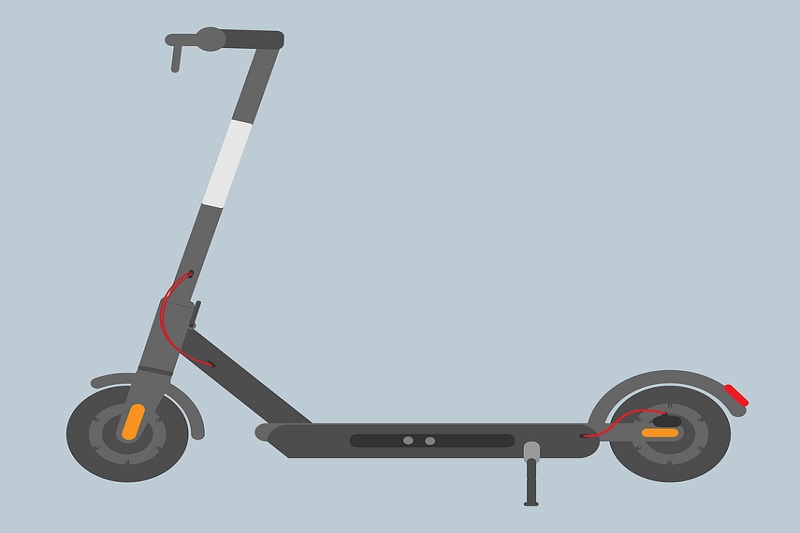
Electric scooters for hire will start appearing on Wellington, New Zealand’s streets today, 18 June 2019, as the trial of the city’s e-scooter share scheme gets under way.
As reported, Mayor Justin Lester welcomes the e-scooter share trial as part of the city offering more transport choices for residents and visitors to Wellington.
Councillors on the City Strategy Committee voted in favour of the trial in February.
Licences have been given to 2 operators to provide 800 (400 each) e-scooters available for hire around the central city and suburbs.
The two companies were selected following an evaluation of all of the five operators who submitted proposals. The selection process included an independent evaluator.
What is the trial for?
The trial will provide learnings as to how people might want to use this service in the context of Wellington, and how popular it is over time.
It will also help them determine the city’s policy around micro-mobility transport, which includes e-scooter and bike share schemes.
There are big changes ahead for transport in Wellington and they are keen to look at different ways to encourage people to replace some private vehicle trips with a more sustainable option.
The trial will last for 18 months, with an evaluation after six months that will decide whether it continues or not.
Consultation and engagement on a micro-mobility transport policy will take place during the following 12 months.
The Council will be assessing how well the scheme is working throughout the trial period, including safety, the number and duration of trips, where people go, and where scooters are parked.
The licence conditions include funding a campaign to encourage safe and courteous riding, and messages have been developed in conjunction with the Council.
How will the trial work?
Teams from both operators will be out in the city from Tuesday to help people use the scooters in the right way and ride safely.
The Council’s Portfolio Leader for Transport Strategy shared that a code of practice will guide the safe implementation of the trial, including restrictions on how and where people can ride.
The trial will be monitored closely, with a particular focus on maintaining safety for everyone.
Footpaths remain an area where pedestrians have priority and e-scooter riders will be encouraged to use the road where it is safe to do so.
Since at the moment e-scooters cannot legally be ridden in approved bike lanes, Council officers are looking into whether the status of the existing bike lanes in the city can be changed retrospectively.
How to use an e-scooter?
To hire an e-scooter, people have to download an app from either of the two operators, create an account and log in to find the nearest scooter.
Helmets are not provided but riders are strongly encouraged to wear one. All scooters come with front and rear lights.
The licence conditions require operators to set electronic boundaries (geo-fencing) for where the scooters cannot be ridden.
People hiring an e-scooter are encouraged to park them out of the way of other people. The trip is considered finished when the user takes a photo on their phone to prove they have parked appropriately.
The e-scooters will be charged and redistributed around the city by the operators every night to avoid ‘bunching’, where lots of scooters are left in a few locations.
















